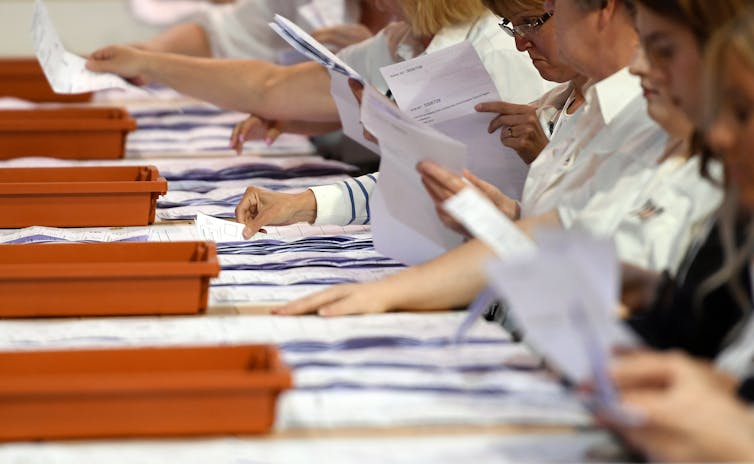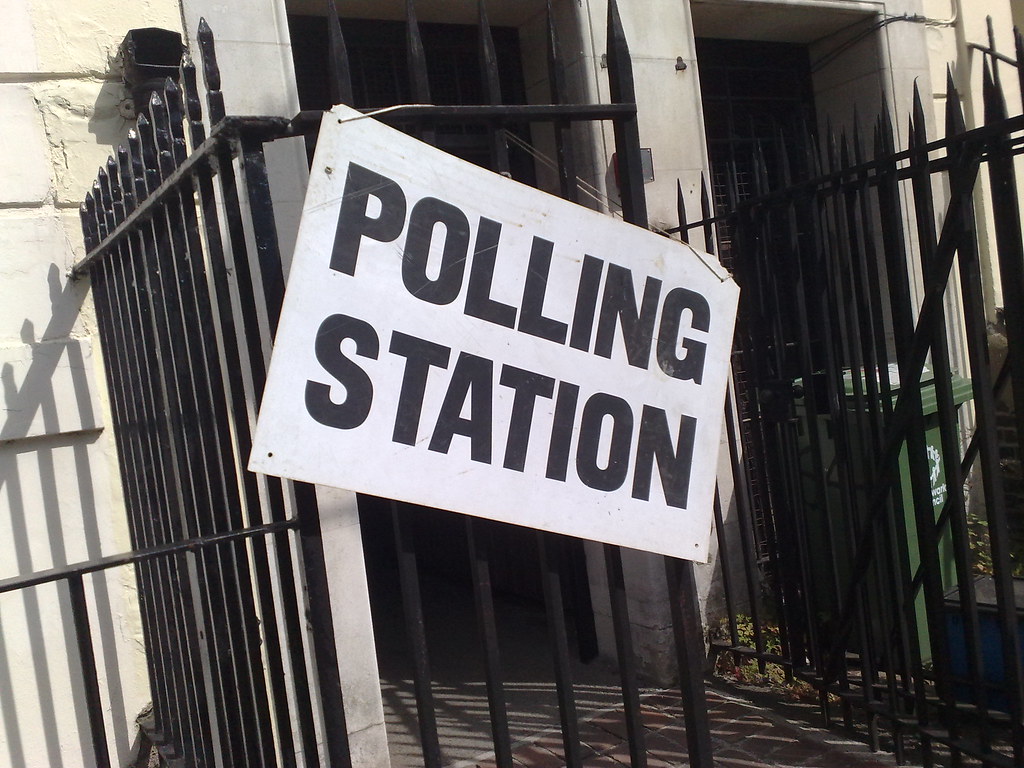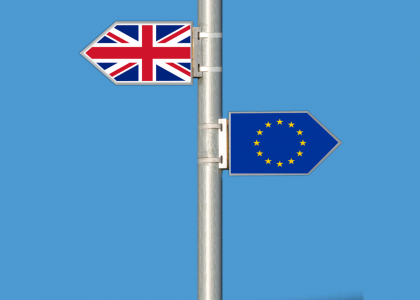Speculation has it that an early general election is around the corner for the UK.
If it does come, it won’t be the country’s first unexpected election this year. The European parliamentary elections were not supposed to happen. But happen they did. And they didn’t go to plan. There were angry scenes at polling stations when many EU citizens were denied their right to vote. The government faces a judicial review over these incidents after campaign group the3million claimed EU citizens had been “systematically disenfranchised”.
And these problems were not necessarily a one-off. Electoral officials on the ground have done an outstanding job in recent years at operating under a perfect storm of pressures. But these pressures are gathering pace, putting the functioning of the system under threat. They’ve been able to just about paper over the cracks in a crumbling Victorian system in need of repair. But they may not be able to keep it all together much longer.
The eight million missing
The 2019 elections were not the only example of citizens showing up to vote and being turned away. This happens, research suggests, at all electoral events in the UK. In the 2015 general election, two-thirds of polling stations turned away at least one voter. The most recent estimates are that roughly 8m people are not correctly registered. This means that they are missing from the register entirely or registered at an old address.
This problem has been growing over several decades, but was made worse by recent reforms to require everyone to register individually. In the past, one person in a household could register everyone in it. Reforms introduced in 2014 require everyone to add their own name to register.
It is more of a problem for some communities than others. The register is less complete in urban areas (especially London) and among recent movers and private renters. Commonwealth and EU nationals, non-white ethnicities, lower socioeconomic groups, citizens with mental disabilities and young people are all also more likely to be incorrectly registered or not registered at all.
Electoral services under financial strain
Public sector resources have been limited for a sustained period. Cash crises in the NHS and schools have regularly made headlines. But there has been a silent crisis in electoral services departments, too. Funding for elections is provided by central government, but local authorities have to pay for the work needed to compile the electoral register. Recent research has shown that these departments are increasingly underfunded, with more and more electoral services reporting that they were running over budget.
One major contributing factor to this was, again, the move to individual electoral registration. Local authorities had to spend more on stationary and staff to reach voters and process online applications. They received extra cash to ease the transition in the short term, but this funding is due to end. They are therefore about to be left with an electoral registration system that will be more expensive to run, while cuts to local government budgets continue.

Service cutbacks have been silently made for many years. As costs rose and budgets shrank, voter engagement work was jettisoned as a “nice extra” rather than an essential public service to encourage people to have their say at the ballot box. Meanwhile, staff workloads and levels of stress have been shown to be excessively high by international standards.
These are the conditions under which we might see more people fall off the register, the gap between young and old increase, and more people turned away from polling stations. They are the pressured conditions under which errors might occur during the stress of the day if staff have limited time to prepare. They are the conditions where we might see scenes such as voters locked out of polling stations, as they were in 2010.
Victorian practices
Meanwhile, elections involve archaic Victorian practices and in many areas lack transparency. If you want to complain, as many citizens did when they were turned away at the European elections, there can be major confusion about who to complain to.
Some write to their MP, some to the Electoral Commission and others (rightly) to their local Returning Officer. But there is no central complaints process – or system for counting how many complaints are received, which could usefully inform policy in the future. The officials who run elections and electoral registration are oddly exempt from Freedom of Information requests and it would be illegal to audit an election.
An overwhelming reason why people are not registered is because they think they already are. They assume that public bodies are coordinated and clever enough to share information. If I pay council tax, why can’t that information be shared with electoral services? The public assumes that this information is passed seamlessly onto the people handing out ballots in polling stations. Such common sense connected thinking doesn’t exist, however. Instead, voters are all asked to register individually – and valuable resources are spent reminding them to do so. Rather than having one single electoral register, the UK has 372. There is a patchwork of local registers held by local registration officers for their respective areas.
In a new report, The Missing Millions, Still Missing, my colleagues and I make recommendations on how elections can be upgraded by 2025 to bring about a modern, inclusive electoral process. They include providing a website so people can check if they are registered, registering young people in schools and universities, providing a centralised complaints system and allowing citizens to vote at any polling station.
Some reforms require some behind the scenes election-gadgetry, such as a single electoral register, digitally connected polling stations and in the long-term automatic registration. Voters will care little about many of these – but they are all central to upgrading British elections.
In preparation for a snap 2019 election, the best that can be done is to give electoral officials as much resource and notice as possible. But strategic planning should begin now to upgrade UK democracy for 2025.
Dr. Toby S. James (left) is a Senior Lecturer at the University of East Anglia and Lead Fellow on Electoral Modernisation to the All Party Parliamentary Group on Democratic Participation.





